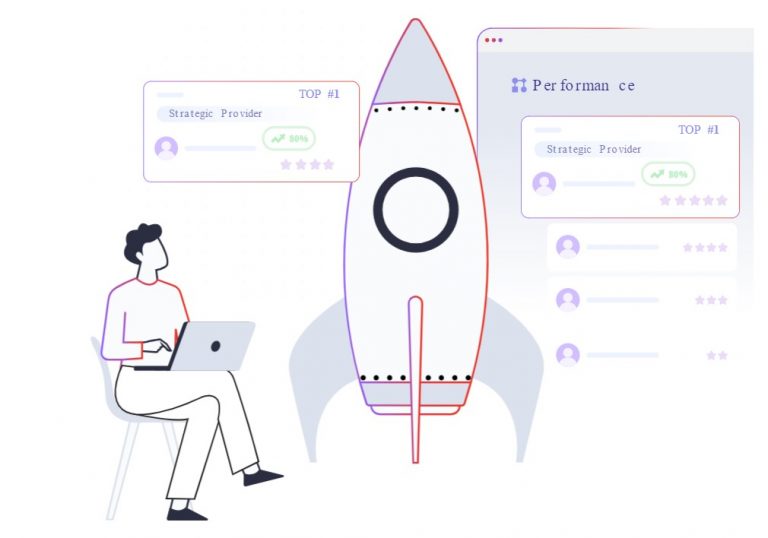In today’s complex business landscape, vendor management has evolved into a critical component of operational efficiency and long-term success. Companies depend on a wide range of suppliers for essential products and services, and managing these relationships effectively can make the difference between a business that thrives and one that struggles with inefficiencies and risk.
Recognizing these challenges, RD-IT developed Holo, a powerful SaaS (Software as a Service) platform that automates the full vendor lifecycle management process, helping organizations streamline procurement, optimize vendor performance, and ensure compliance across all stages of their vendor relationships.
Why Vendor Management Matters
Vendor management is far more than simply acquiring goods and services. It involves a strategic approach to selecting the right suppliers, negotiating favorable contracts, ensuring performance, managing risks, and maintaining strong relationships.
Poor vendor management can lead to overspending, missed deadlines, poor service quality, and ultimately, increased business risk. Conversely, effective vendor management allows organizations to optimize costs, improve the quality of their supply chain, and mitigate risks associated with third-party providers.
However, traditional vendor management processes often rely on manual tasks and disconnected systems, leading to inefficiencies, lack of visibility, and increased administrative burden. This is where Holo stands out as a game-changer.
What is Holo Vendor Management?
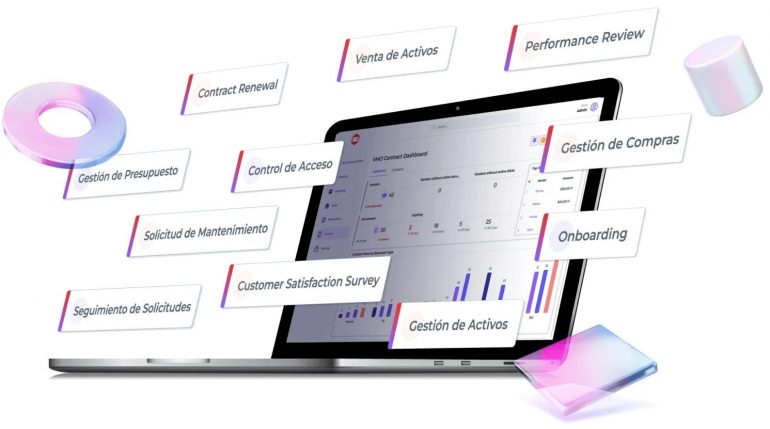
Holo is a Vendor Management Software (VMS) platform that automates and centralizes all aspects of vendor lifecycle management, from initial selection and onboarding to contract management, performance monitoring, and offboarding. By providing full visibility and control over the vendor ecosystem, Holo helps organizations maximize the value of their vendor relationships while minimizing risks and inefficiencies.
Key features of Holo include:
- End-to-end automation ─ Holo automates every phase of the vendor management lifecycle. This includes sourcing, procurement, contract negotiation, performance evaluation, and risk management, eliminating the need for manual intervention and ensuring that all processes are streamlined and consistent across the organization.
- Comprehensive visibility ─ Holo offers complete transparency into every aspect of vendor relationships, including real-time tracking of performance metrics, contract compliance, and financial obligations. This visibility is critical for identifying potential issues before they become significant problems and for making data-driven decisions that improve operational efficiency.
- Risk mitigation ─ One of the most significant benefits of Holo is its ability to help organizations proactively manage vendor-related risks. By continuously monitoring vendor performance and financial health, Holo enables businesses to mitigate risks such as non-compliance, delivery delays, and quality issues, ensuring that vendors adhere to the agreed-upon standards and contract terms.
- Budget optimization ─ Holo tracks all expenses related to vendor contracts, ensuring that organizations stay within budget and avoid overspending. This not only helps to optimize costs but also provides insights into areas where financial efficiency can be improved.
- Performance measurement ─ Holo allows organizations to set performance benchmarks for their vendors and measure them against key performance indicators (KPIs). This ensures that vendors deliver the expected value and quality, fostering a culture of accountability and continuous improvement.
- Contract lifecycle management ─ Managing contracts is often a complex and time-consuming process, especially when dealing with multiple vendors. Holo simplifies this by centralizing all contracts in one place, automating renewals, and tracking compliance with contract terms. This reduces the risk of missing important deadlines or renewing unfavorable contracts and ensures that every contract is properly managed throughout its lifecycle.
The Vendor Lifecycle ─ Managed with Precision
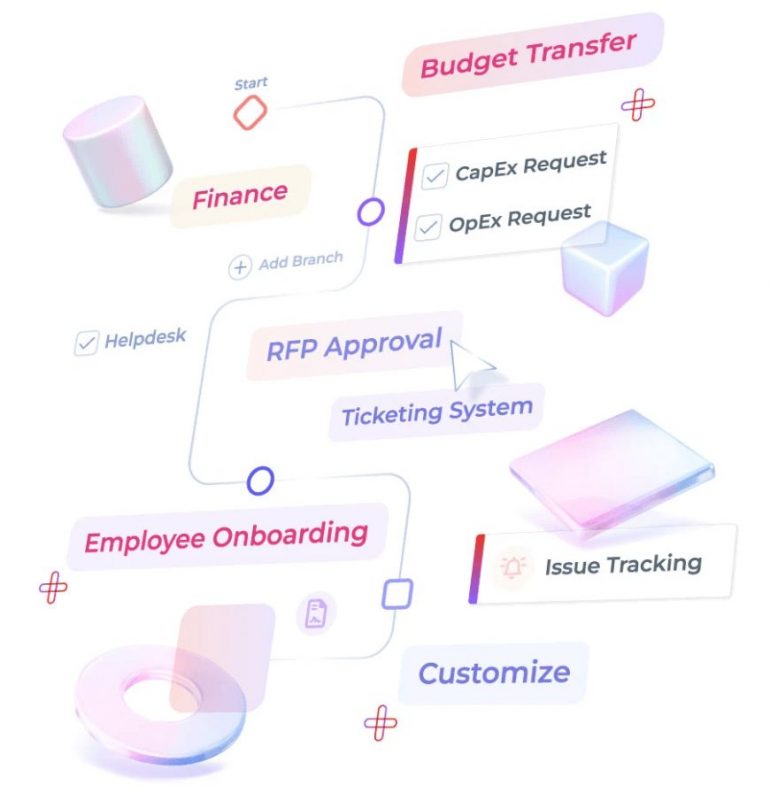
Vendor lifecycle management involves multiple stages, each with its unique challenges and requirements. Holo’s platform covers the entire lifecycle, ensuring that all aspects of vendor relationships are handled efficiently and strategically.
1. Vendor Onboarding and Selection
Selecting the right vendor is a critical decision that can impact the quality and cost-efficiency of services for years to come. Holo streamlines the vendor selection process through automated Request for Proposal (RFP), Request for Information (RFI), and Request for Quotation (RFQ) functionalities, ensuring that organizations can quickly and efficiently evaluate potential vendors based on predefined criteria.
Holo also centralizes vendor information during the onboarding process, collecting all necessary documents, such as compliance certificates, tax information, and contracts. This enables seamless onboarding while ensuring that every vendor meets the company’s regulatory and quality standards from the outset.
2. Procurement and Contract Management
Holo automates procurement processes, making it easier for companies to track and manage purchase orders, invoices, and service requests. This results in greater transparency in spending and budget allocation. In addition, the platform integrates with existing ERP and financial systems, enabling smoother financial management.
Contract management is another area where Holo shines. The platform automates the full contract lifecycle, from negotiation to execution, monitoring contract compliance, and managing renewals. This prevents contract disputes, missed deadlines, and unwanted automatic renewals, ensuring that contracts deliver their maximum value.
3. Performance Management and Evaluation
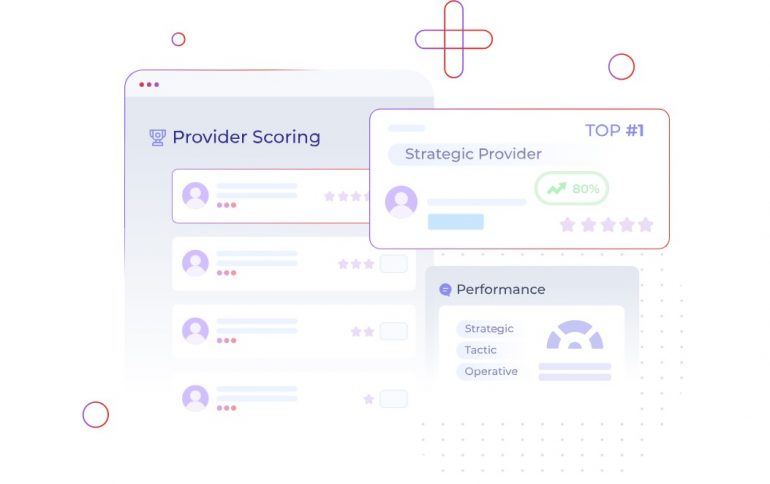
Once vendors are onboarded and contracts are in place, Holo helps companies monitor and evaluate vendor performance. The platform tracks key metrics, such as service-level agreements (SLAs), delivery timelines, and product or service quality. By continuously measuring vendor performance, organizations can identify areas for improvement and take corrective action before issues escalate.
Through Holo’s intuitive dashboard, procurement and vendor management teams can access performance reports in real-time, enabling faster decision-making and proactive vendor management.
4. Risk Management and Compliance
Vendor-related risks can have serious consequences for businesses, especially if a vendor fails to deliver on its commitments or violates regulatory requirements. Holo’s risk management features help companies minimize these risks by providing continuous oversight of vendor activities, including compliance with contractual and legal obligations.
The platform also includes automated alerts for potential risks, such as vendor financial instability or missed deadlines, allowing companies to address issues before they become major problems.
5. Offboarding and Renewal
When a vendor relationship comes to an end, whether due to contract expiration or performance issues, Holo ensures a smooth and efficient offboarding process. The platform tracks all final deliverables and payments, ensuring that nothing is left unresolved.
Additionally, Holo assists in the renewal process by notifying stakeholders of upcoming contract expiration dates and facilitating renegotiations based on performance data.
Benefits of Implementing Holo
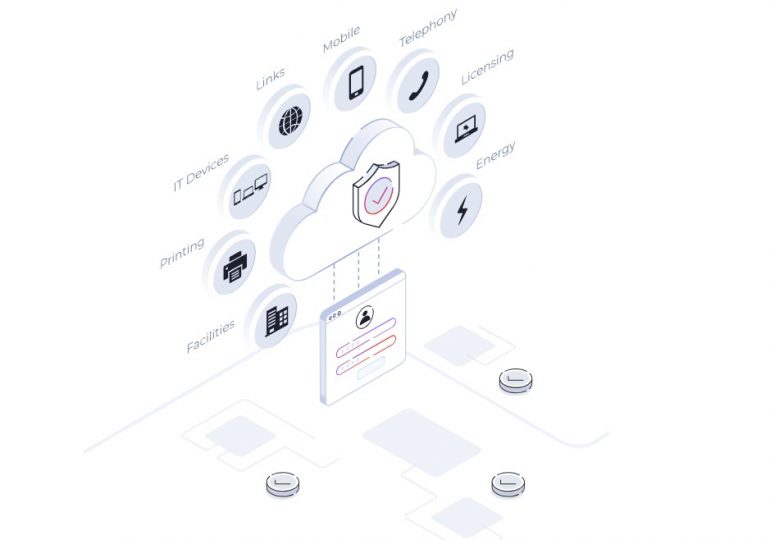
- Increased efficiency and cost savings ─ Holo eliminates the need for manual intervention in vendor management processes, reducing the time and effort required to manage vendor relationships. This leads to significant cost savings and allows procurement teams to focus on more strategic activities.
- Enhanced visibility and control ─ Holo’s comprehensive dashboards provide real-time insights into vendor performance, contract compliance, and financials, giving organizations the information they need to make informed decisions. This visibility also helps in identifying areas for improvement and implementing proactive solutions.
- Better risk management ─ By continuously monitoring vendor performance and compliance, Holo helps businesses mitigate risks and avoid costly disruptions. The platform’s risk management features ensure that organizations are always prepared to handle potential issues, reducing exposure to vendor-related risks.
- Stronger vendor relationships ─ Holo facilitates better communication and collaboration between organizations and their vendors, fostering strong, long-term partnerships. With clear performance metrics and expectations, vendors are motivated to meet and exceed standards, leading to better outcomes for both parties.
- Scalability and flexibility ─ Holo is designed to grow with your business. Whether managing a small vendor portfolio or a complex global supply chain, the platform’s scalability ensures that it can handle the needs of any organization, regardless of size or industry.
Conclusion
Holo Vendor Management Software is a transformative solution that revolutionizes how organizations manage their vendor relationships. By automating the entire vendor lifecycle, from selection and procurement to performance monitoring and risk management, Holo helps businesses achieve greater efficiency, reduce costs, and mitigate risks.
With comprehensive visibility and control, organizations can optimize vendor performance and ensure compliance, driving long-term success. As businesses face increasing complexity in their supply chains, adopting a solution like Holo is not just a competitive advantage—it’s essential for staying ahead in today’s fast-paced market.

